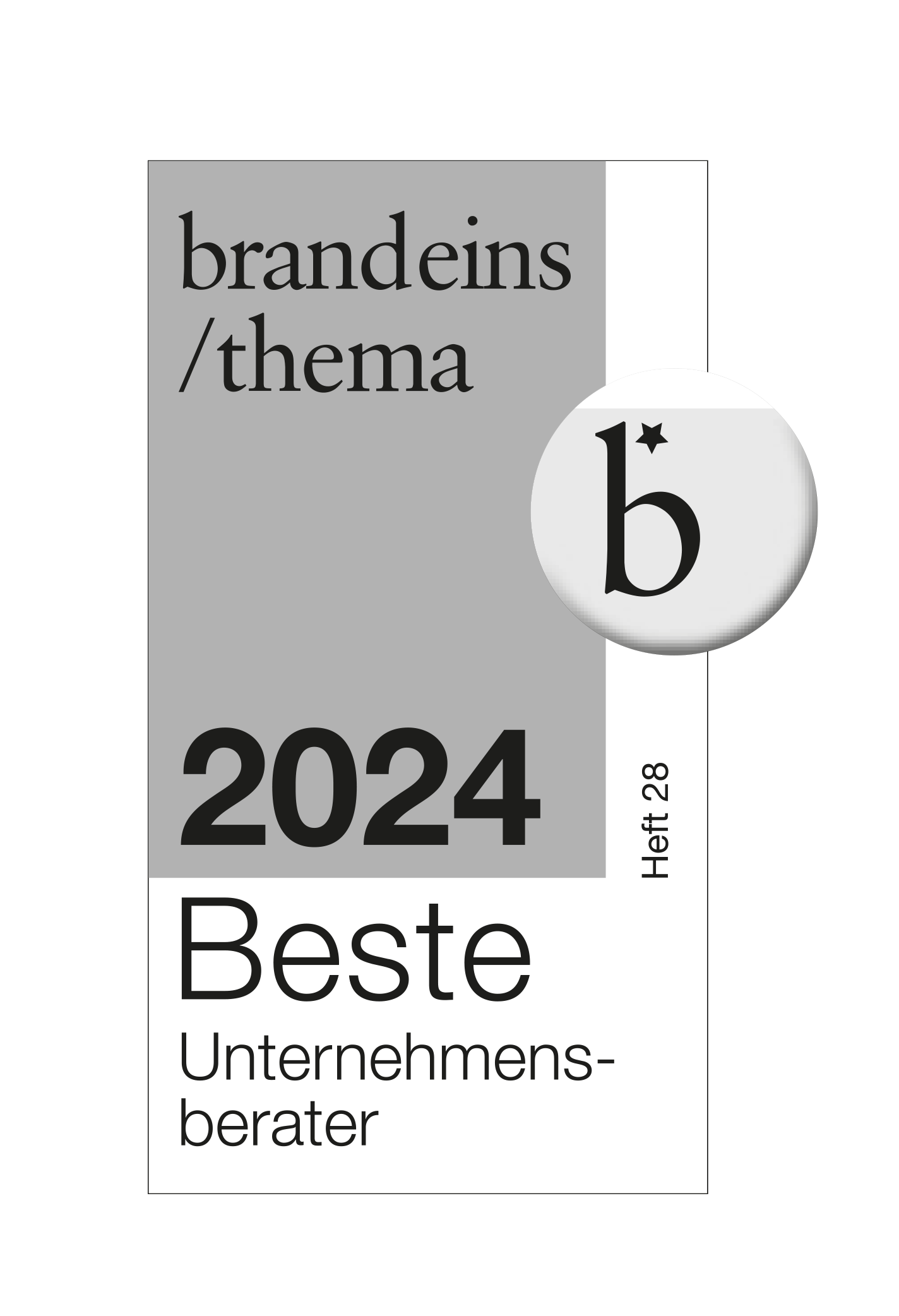“The element of randomness is a highly interesting feature”
The first part of the interview showed that quantum computing is relevant and much closer to its application than one might think. We finished with the word "NP hard" - well, that's the term for particularly computationally intensive algorithms. And here lies the benefit of quantum computing: it turns "really hard" into "really solvable.”
It is often said in the media that “quantum computing will change our world” – in which application areas can the potential of quantum technology be seen?
So what are these problems that we wish to address with quantum computers?
In the first part of the interview we talked about the fact that the great advantage of quantum computing is its enormous parallelism: A quantum algorithm processes linear combinations of all possible solutions simultaneously. This means that one of the most important areas of application is in precisely those problems for which there is an extremely large number of possible solutions. These are, for example, optimization problems such as the famous problem of the traveling salesman who has to travel to a certain number of locations with the shortest possible total distance and time.
About the interview series “Quantum Computing”
What specific challenges is the automotive industry currently facing where quantum computing is a “key to the solution”?
In the automotive industry, such questions arise in a wide variety of work areas: From the minimum number of sensors for autonomous driving and their optimal arrangement on the vehicle (an example from the tasks in the BMW Challenge mentioned above) to the provision of connected car services for optimal route planning to the optimization of sales and production programs.
Satisfiability problems are of immense practical importance.
In business, research and development or sales, quantum computing is often referred to by the term “satisfiability problems” – what do we mean by this and what is the added value of the solution?
A similar class of problems are, in fact, so-called satisfiability problems, as you just mentioned. In such problems, for a large number of Boolean variables and regular expressions, you have to find the combinations of values that satisfy all these rules. This is a class of problems of immense practical importance throughout the business world, in research and development, sales, and so on.
Are there any concrete examples of the use of Boolean rules in the automotive industry?
In the automotive sector, we find such Boolean sets of rules, for example, in product documentation, in vehicle configurators, in the determination of a vehicle fleet in order to be able to carry out the necessary tests before the "start of production" (to come back to the BMW Challenge: that was the topic we were involved in), sets of rules for insurance and service contracts, and so on.
Learning neural networks is nothing more than a highly complex optimization task.
What about today's hot topics, such as artificial intelligence? Will they also benefit?
You said in the first part of the interview that quantum computing does not directly provide “the right” solution, but only with a certain probability. Isn't that a massive disadvantage?
Well, first of all, it is an intrinsic property of quantum computing and one of the reasons why quantum computing will certainly not revolutionize today's office applications. But for the problems mentioned, the advantage of parallelism far outweighs the disadvantages once a certain threshold has been reached.
However, the element of randomness is also a highly interesting feature of quantum computing, which even becomes an advantage in some applications. I’m thinking in particular of simulation calculations, for example for material deformation, molecular dynamics, traffic flows, financial markets, weather and climate, and much more. With our traditional simulation methods, there is often the problem that our “deterministic” computers do not know any real random numbers, but have to calculate them with the help of more or less suitable algorithms. These pseudo-random numbers can massively distort the simulation results. In quantum computing, on the other hand, we have real random numbers at our disposal, which are not predictable in any way – a great advantage in such simulation calculations (which, by the way, can also be very complex again, with countless variables and relationships, in other words the ideal type of problems for quantum computers).
Anyone who gives early though to “quantum-proof encryption” are well advised.
Random numbers also play an important role in procedures for secure communication – as software engineers, we know this all too well. What applications does quantum computing have in cryptography?
I'm curious to see what will become of all our wonderful cryptocurrencies in a few years ... thank you for the insight into the possible areas of application. In the third part of this interview, we want to talk about the challenges companies face when using quantum computing and how they can meet them. I’m looking forward to it.
Interview with
Key Facts by Stephan Melzer, Executive Project Manager, msg
- When we're dealing with combinatorics, relating a lot of this to that, then it becomes easy for quantum computing. Simulation, optimization are the buzzwords to remember here when you go looking in your own company.
- Quantum computing and neural networks are a brilliant combination. Where AI is already on everyone's lips, QC will soon join it.
Next interview coming soon:
Quantum Computing – what is the path to a practical use and which obstacles must companies overcome? (part III)


